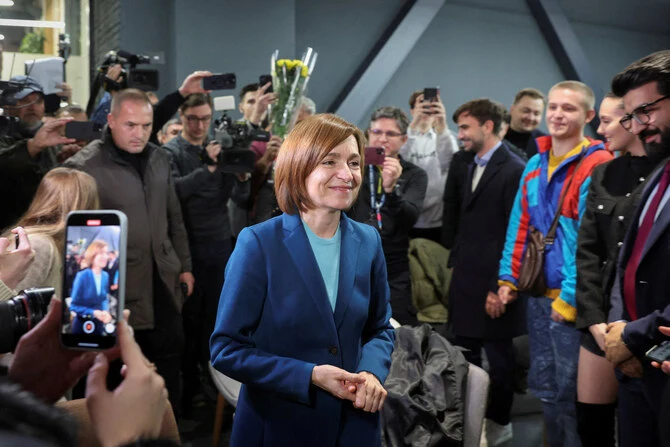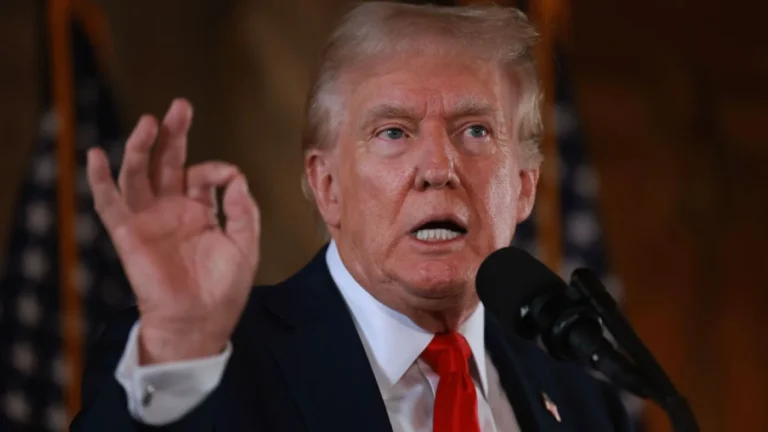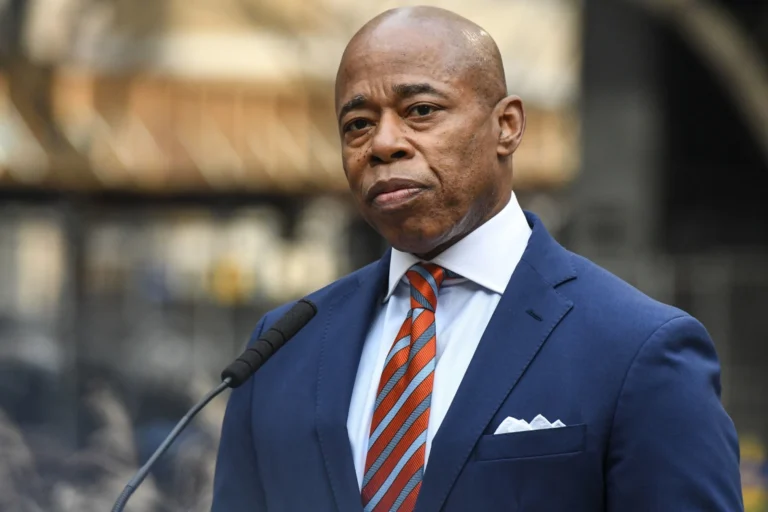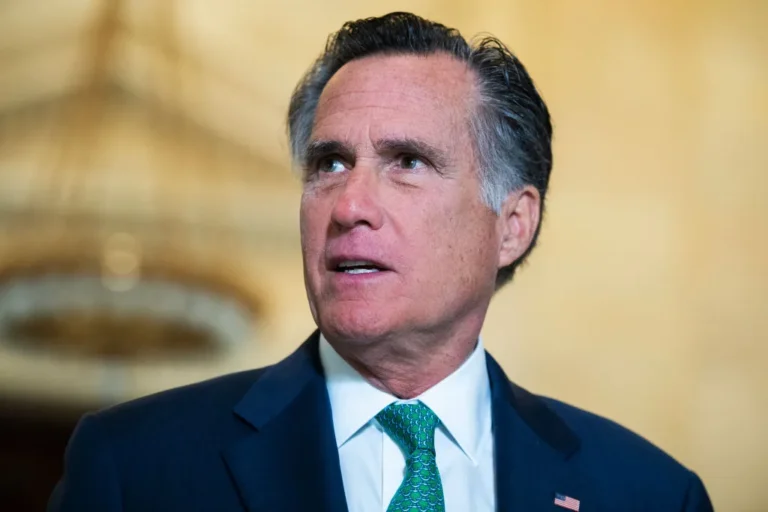Moldova’s Pro-EU President Maia Sandu Claims Second Term Amid Tensions
Moldova’s pro-European President, Maia Sandu, has secured a second term following a contentious election runoff that was seen as a pivotal choice between aligning with Europe or strengthening ties with Russia. With most votes tallied, Sandu emerged victorious with 55% of the votes. In her late-night victory speech, she vowed to be a president for all Moldovans.
Her opponent, Alexandr Stoianoglo, supported by the pro-Russian Party of Socialists, advocated for closer relations with Moscow. Throughout the election, Sandu’s national security adviser reported “massive interference” from Russia that could potentially distort the election results. This claim was met with denial from Russian officials, occurring just a week after a significant election in Georgia, where its president described a similar situation as a “Russian special operation.”
Stoianoglo, who had previously been dismissed as Moldova’s prosecutor general by Sandu, denied allegations of being pro-Kremlin. As polls closed, both candidates expressed gratitude to voters, with Stoianoglo addressing them in both Russian and Romanian. Despite Romanian being the official language, Russian is commonly spoken due to Moldova’s Soviet past. Voter turnout was notably high at 54%, particularly among expatriates casting ballots overseas.
Initial results showed Stoianoglo leading, performing better in rural areas with over 51% of votes. However, Sandu triumphed in the capital, Chisinau, and secured overwhelming support from expatriate voters. As she pulled ahead late on election night, her campaign headquarters erupted in cheers and chants of “victory.”
In her address, Sandu praised her compatriots for upholding democracy and declared that no one lost in the quest for a dignified future. She emphasized unity in her message, acknowledging both her supporters and those who voted for Stoianoglo.
Olga Rosca, Sandu’s foreign policy adviser, expressed pride in the election outcome, emphasizing that the votes from both Moldova and its diaspora should be viewed as a single family. With upcoming elections next year, Rosca noted that Sandu had recognized the public’s desire for change, committing to intensified efforts against corruption and expedited justice reforms.
EU Commission President Ursula von der Leyen congratulated Sandu, highlighting the strength required to overcome the challenges faced during the election, and expressed her eagerness to collaborate on a European future for Moldova.
Casting his vote, Stoianoglo promised to be an “apolitical president” and called for a Moldova that can develop harmoniously with both the West and East. While he performed well in rural regions and the southern parts of the country, Sandu was favored in urban areas and among younger voters. After voting, Sandu warned of “thieves” attempting to buy votes and influence the election.
Moldova’s national security adviser reported that Russia had organized transport, including buses and charter flights, to facilitate voter turnout. The election process faced interruptions from bomb threats at polling stations in various locations, including the UK and Germany. Moldova, bordered by Ukraine and Romania, remains one of Europe’s poorest countries, with a population of 2.5 million and 1.2 million expatriates.
Authorities have long cautioned that fugitive oligarch Ilan Shor has spent $39 million trying to sway the election in Moscow’s favor by providing financial incentives to 138,000 Moldovans. Shor, currently in Moscow, denies any wrongdoing, although he has offered cash to those who oppose EU alignment.
Analysts have warned that a Stoianoglo victory could significantly alter the political landscape of the Danube and Black Sea region, especially given Russia’s backing. Voter queues were reported at polling stations in Moscow, Italy, and among residents of Transnistria, a breakaway region with a Russian military presence, where residents had to cross the Dniester River to vote. Moldova’s election commission acknowledged reports of organized voter transport from Russia, Belarus, Azerbaijan, and Turkey, urging citizens to report any irregularities.
While Sandu decisively won the first round of voting, several candidates rallied behind Stoianoglo in the runoff, though the third-placed candidate refrained from endorsing either candidate. The first round coincided with a closely watched referendum on constitutional changes aimed at solidifying Moldova’s commitment to joining the EU, which narrowly passed. Sandu reported evidence of attempts to buy approximately 300,000 votes during that process.






